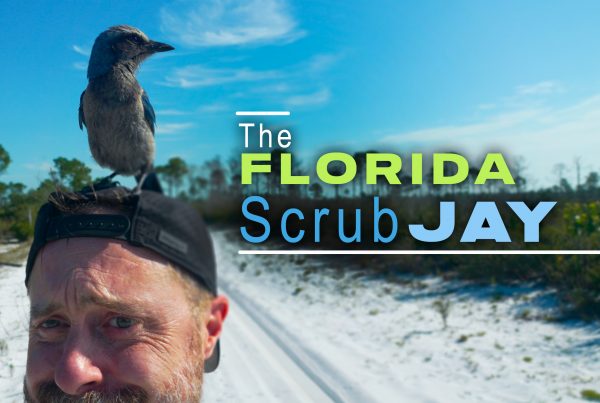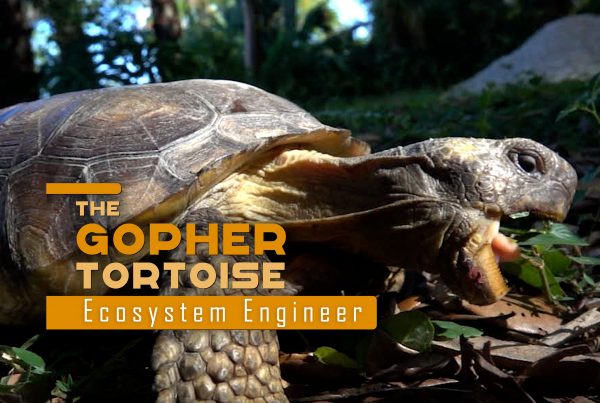Parasites: some suck your blood, others live off your insides. Don’t watch this one before dinner.
In a parasitic relationship, the parasite benefits, but the host is harmed. Think of it this way: a “friend” of yours comes over to your house all the time. They make a mess, eat your snacks, take naps on your couch and snore like a grizzly bear. This make it impossible for you to study for that algebra exam, which you end up bombing the next day. Sounds a lot like a parasite, if you ask me.
Can you think of another human scenario that more-or-less illustrates the concept of a parasite?
Parasitism
Here in nature, plants and animals interact with each other all the time, and it can be a lot more complicated than one thing eating another. These relationships between species can be examples of what we call symbiosis. Symbiosis is defined as any type of a close, long-term biological interaction between two different organisms. These interactions can be mutualistic, commensalistic, or parasitic. Today, we’re going to explore the world of parasitism.
The grasses of the Everglades are sometimes attacked by a parasitic plant called love vine (Cassythafiliformis). The name is misleading. …If we look closely, we see that this love vine has little projections that penetrate the grass stems, sucking the life out of the plant. This is a great example of parasitism. In a parasitic relationship, the parasite benefits, but the host is harmed.
Almost all animals are parasitized in some way, often by several different kinds of parasites at the same time. We humans have lots of them (swat), like these mosquitos that are sucking my blood. A parasite like this on the outside of the body of its host is called an ectoparasite. Ticks and leeches are ectoparasites as well.
It’s important to note that a mosquito bite is not a defensive sting, like you might get from a wasp if you accidentally disturb its nest. No, the mosquito is simply getting a meal, and only female mosquitoes feast on blood. They require a blood meal in order to produce their eggs, which hatch into larvae, which develop into pupae, which ultimately split open and onto the surface of the water steps a new generation of mosquitoes.
And this is what makes the female mosquito an ectoparasite: She gets what she need…my blood…while her host, in this case me, is harmed.
In parts of the tropics a biting mosquito may inadvertently inject the microscopic plasmodia organisms that cause malaria. The plasmodia enter the red blood cells in the blood stream of the host. They reproduce there and cause the corpuscles to explode. The result can be a feverish death. Any parasite attacking inside the body of its host is called an endoparasite. The human tape worm is another endoparasite. You could have a 30-foot worm in your intestines, holding on by means of sharp hooks protruding from its head. The worm gets the food you need, helping itself but hurting you in the process. That’s parasitism.
You might think parasites are just plain nasty, but they actually perform a very important role. Without parasites, their host species could very well over-populate the ecosystem, putting too much stress on its resources.
The planet is full of interesting examples of symbiotic relationships. If you thought parasitism was fascinating, you’ll have to check our videos on mutualism and commensalism.




